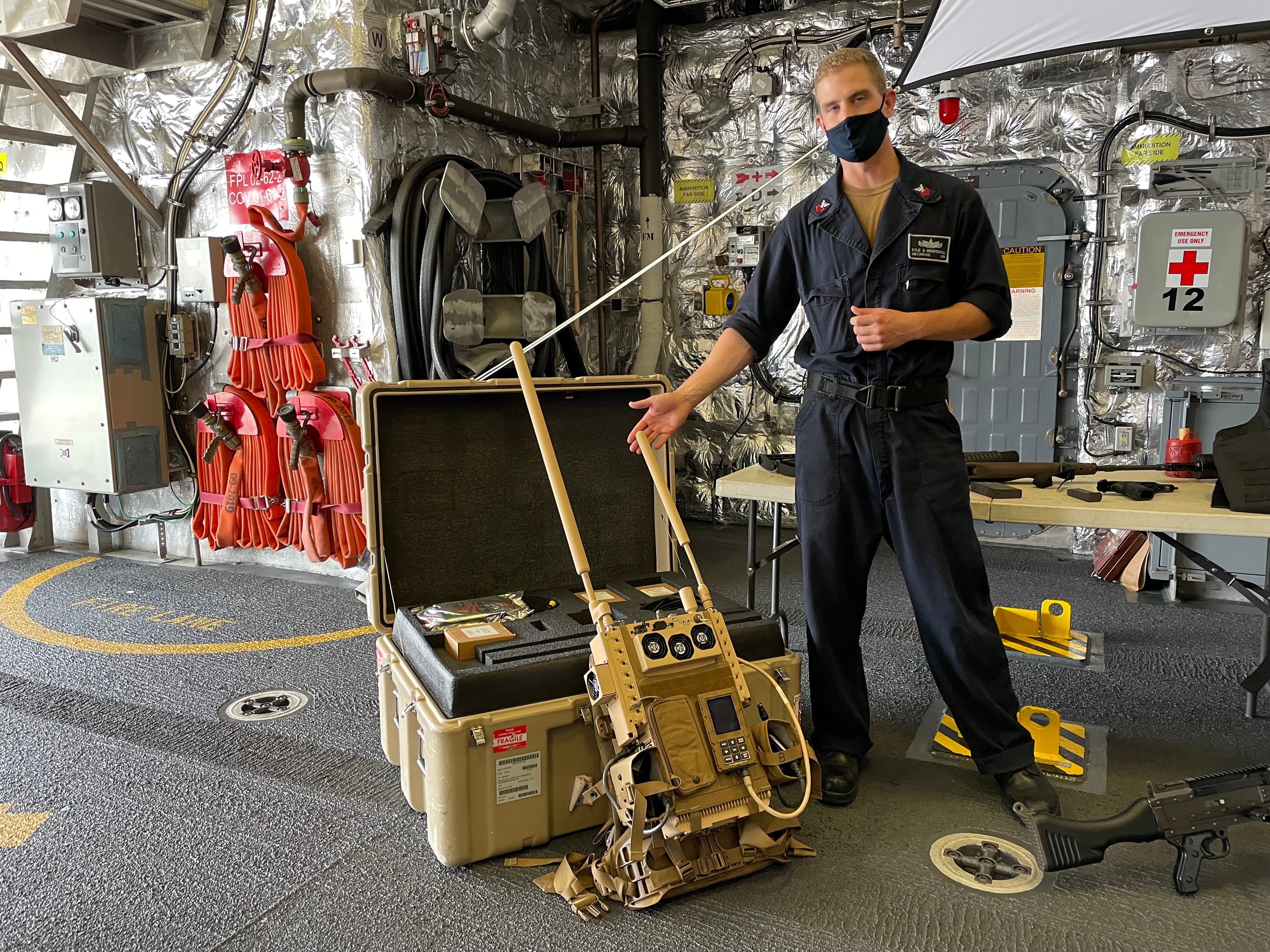
Navy Arming Surface Ships with Drone Repellent System
ABOARD THE LITTORAL COMBAT SHIP USS KANSAS CITY, OFF THE COAST OF CALIFORNIA – With the use of drones becoming…
Copyright 2024 U.S. Naval Institute. All Rights Reserved.